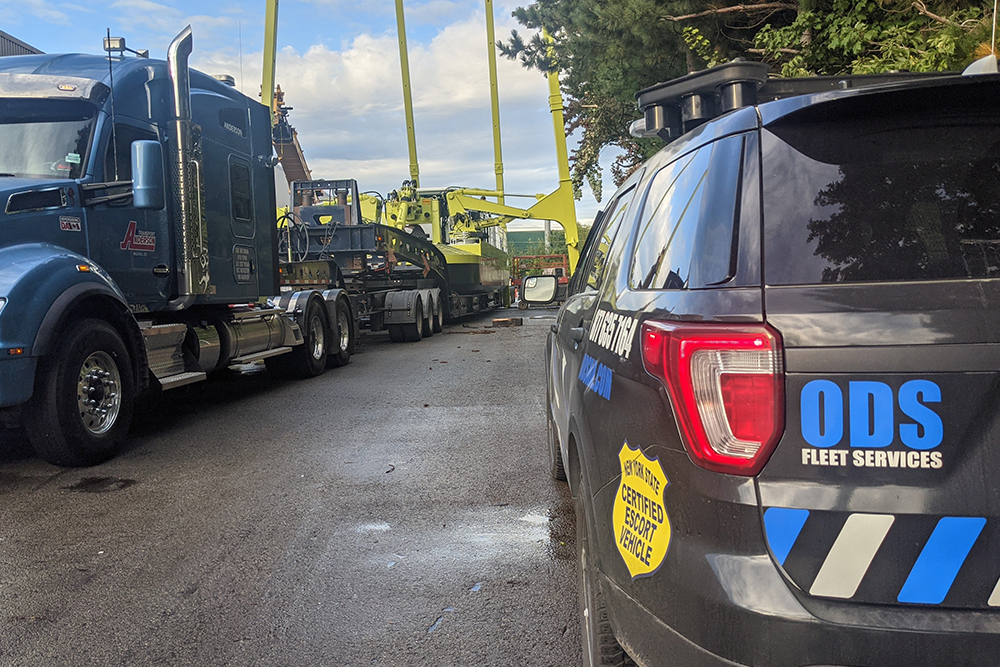Heavy load transport can present numerous challenges for companies operating in the United States and Canada. Transporting oversized equipment, machinery, or structures requires careful planning, coordination, and compliance with regulations to ensure a safe and successful journey. One effective solution to overcome the challenges of heavy load transport is the use of pilot cars. In this article, we will discuss the common challenges faced in heavy load transport and how pilot cars help overcome them in the United States and Canada.
Understanding the Challenges
1. Route Planning
Transporting heavy loads requires meticulous route planning to avoid obstacles such as low bridges, narrow roads, sharp turns, and weight-restricted areas. Identifying the most suitable route that can accommodate the oversized load safely is crucial to prevent delays and accidents during transport.
2. Traffic Management
Heavy load transport can disrupt regular traffic flow, especially on busy highways and urban areas. Managing traffic to ensure the safety of both the oversized load and other road users is essential. Ensuring clear communication with motorists and providing advance warning of the approaching heavy load is vital to prevent accidents and congestion.
3. Compliance with Regulations
Both the United States and Canada have strict regulations regarding heavy load transport to ensure road safety and infrastructure protection. Companies involved in heavy load transport must comply with weight restrictions, permit requirements, escort vehicle regulations, and other legal obligations to avoid fines and legal issues.
4. Safety Concerns
Transporting oversized loads poses significant safety risks due to the sheer size and weight of the cargo. Ensuring the load is properly secured, monitoring for any shifting during transport, and taking necessary precautions to prevent accidents are essential to safeguard the cargo, vehicles, and road users.
How Pilot Cars Help Overcome These Challenges
1. Advance Route Surveys
Pilot cars play a crucial role in conducting advance route surveys to identify potential obstacles and hazards along the planned transport route. By assessing the road conditions, clearance heights, weight limits, and traffic patterns, pilot cars help determine the safest and most efficient route for transporting heavy loads.
2. Traffic Guidance and Management
During transport, pilot cars provide vital support in managing traffic flow and ensuring the safe passage of the oversized load. By escorting the heavy load vehicle, communicating with motorists, and signaling lane changes or turns, pilot cars help minimize disruptions and enhance road safety for all road users.
3. Compliance Assistance
Pilot cars assist in ensuring compliance with regulations by verifying that the heavy load transport operation meets all legal requirements. From obtaining the necessary permits to adhering to escort vehicle specifications, pilot cars help companies navigate the regulatory landscape and avoid potential compliance issues.
4. Enhanced Safety Measures
With their experienced drivers and specialized equipment, pilot cars contribute to enhancing safety measures during heavy load transport. By providing escort services, monitoring the load for any issues, and coordinating with the heavy load vehicle driver, pilot cars help mitigate safety concerns and prevent accidents on the road.
Final Thoughts
Heavy load transport in the United States and Canada presents various challenges that can be effectively addressed with the assistance of pilot cars. By partnering with experienced pilot car services, companies involved in heavy load transport can benefit from professional route planning, traffic management, regulatory compliance, and safety enhancement to ensure successful and secure transport operations. Embracing the support of pilot cars is not only a practical solution to overcome the challenges of heavy load transport but also a proactive approach to promoting road safety and efficiency in the transportation industry.

